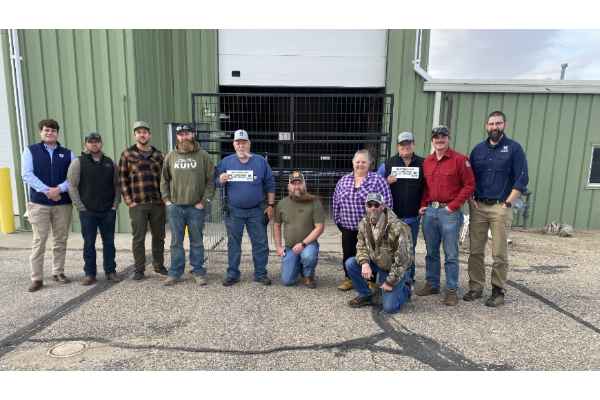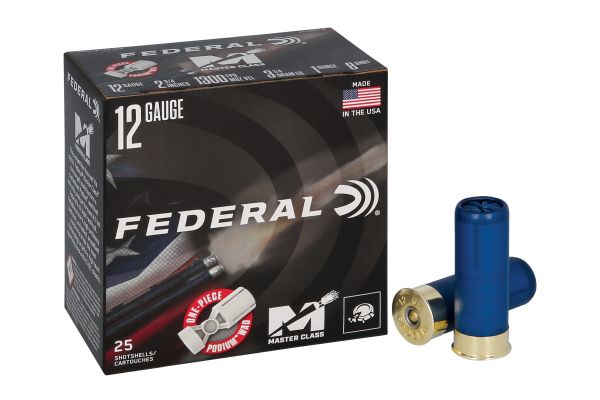EDGEFIELD, S.C. — The Wyoming Game and Fish Department, with the support of the National Wild Turkey Federation’s Wyoming State Super Fund, has acquired a specialized turkey trap to address a growing problem: over abundant turkeys in urban areas. This trap will be used to relocate habituated and disruptive birds from cities like Casper to rural areas where their presence benefits both the ecosystem and hunting opportunities.
“Assisting the Wyoming Game and Fish with managing habituated and over-abundant birds is not only important to reduce public frustration of wild turkeys, but this effort also makes sure these wild birds remain wild,” said David Nikonow, NWTF district biologist for Wyoming. “It’s also an added benefit that many of these birds can be relocated from their urban setting into areas that provides public hunting opportunities.”
In recent years, complaints about wild turkeys in urban areas have risen dramatically. Residents in Casper, for example, have faced issues ranging from turkeys roosting above houses and damaging property to aggressive birds disrupting neighborhoods. These behaviors also include defecating on sidewalks and vehicles, damaging gardens and trees and even obstructing traffic.
Such challenges led the Casper City Council to take action in August 2023 by passing an ordinance prohibiting residents from feeding wild turkeys. Despite these measures, complaints to local authorities continue to pour in, especially during harsh winters when food becomes scarce. During these periods, turkeys often flock to ranches, damaging hay bales and consuming livestock feed.
The newly purchased turkey trap is a significant step forward in managing these urban turkey populations. Constructed from livestock panels and featuring a remotely controlled door originally designed for trapping wild pigs, the trap is a large live-capture device.
How it works is bait is placed on the ground and once turkeys use the bait, the trap is placed over it. A trail camera is then placed on the trap. Once the turkeys enter the trap the camera alerts a Wyoming Game and Fish employee, the employee can then remotely drop the door on the trap and catch the turkeys. Several employees will show up, band the birds, then load the turkeys into boxes provided by the NWTF and haul them to their new home.
“We relocate turkeys to areas that have existing turkey populations or have historically had populations of birds,” said Brandon Werner, Wyoming Game and Fish district biologist. “This makes us confident that there is adequate habitat for them. At this point Wyoming Game and Fish is not relocating into areas that have never had birds. If we did, we do have a process to evaluate habitat.”
The relocated turkeys are often moved to areas with low population numbers, ensuring they contribute to local wildlife diversity while reducing human-wildlife conflicts in urban settings. Monitoring of these relocated birds is conducted casually by landowners and Wyoming Game and Fish staff to assess their adjustment and impact.
Through innovative solutions and collaborative efforts, the NWTF and the Wyoming Game and Fish are ensuring a future where turkeys thrive in appropriate habitats, and urban residents enjoy fewer turkey-related disruptions. By relocating turkeys from urban areas to rural habitats, the Wyoming Game and Fish is not only mitigating urban conflicts but also supporting the state’s wild turkey populations and providing new opportunities for hunters.
About the National Wild Turkey Federation
Since 1973, the National Wild Turkey Federation has invested over half a billion dollars into wildlife conservation and has positively impacted over 24 million acres of critical wildlife habitat. The NWTF has also invested over $10 million into wild turkey research to guide the management of the wild turkey population and to ensure sustainable populations into perpetuity. The organization continues to deliver its mission by working across boundaries on a landscape scale through its Four Shared Values: clean and abundant water, healthy forests and wildlife habitat, resilient communities, and robust recreational opportunities. With the help of its dedicated members, partners and staff, the NWTF continues its work to provide Healthy Habitats. and Healthy Harvests. for future generations.
Read the full article here




